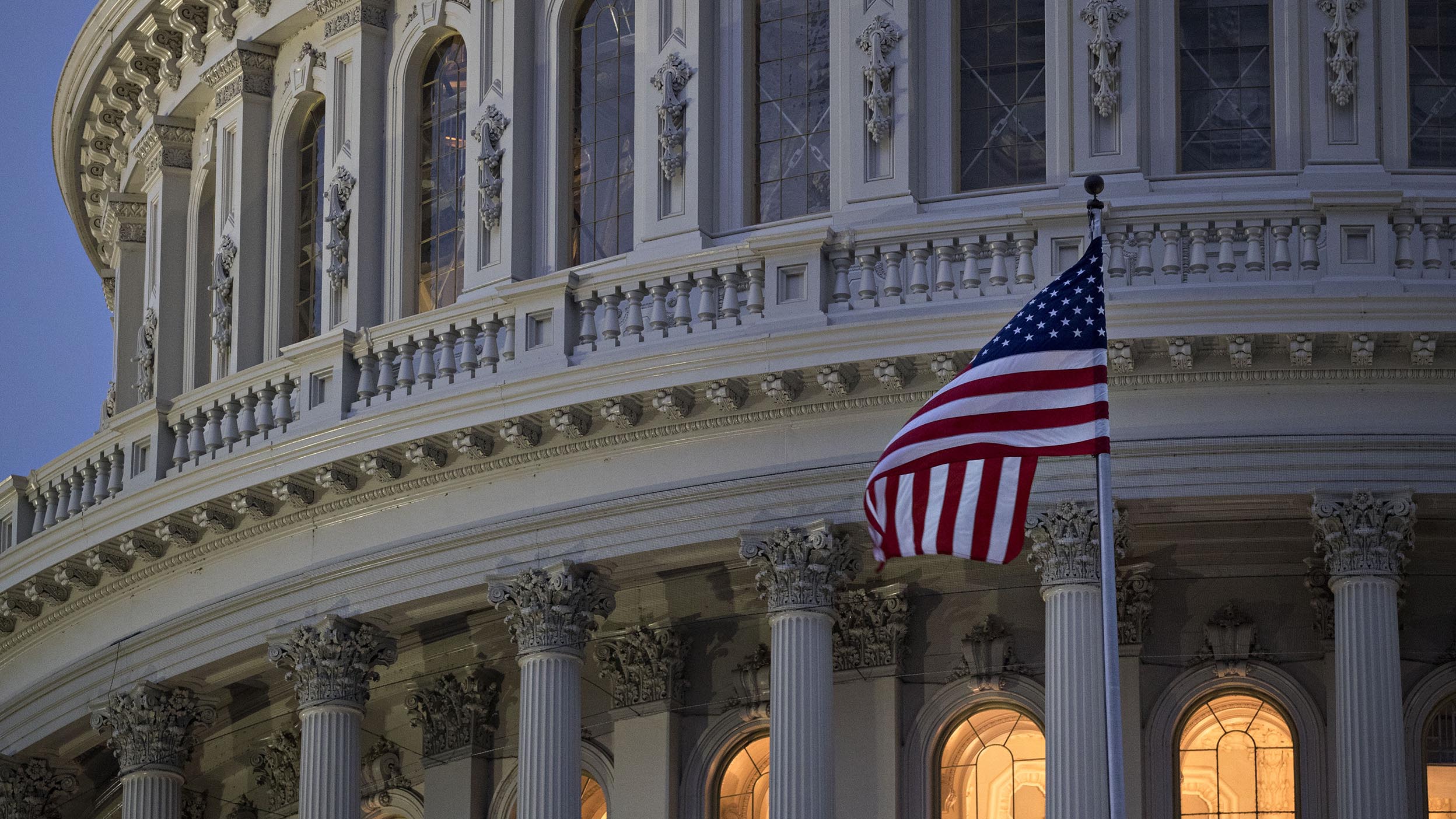
Markets and Economy Treasuries, sentiment, and earnings: What investors need to watch
Six things to watch in the coming weeks, including US Treasury yields, US and European sentiment, US earnings outlook, and Chinese economic data.
Fresh perspectives on economic trends and events impacting the global markets.

Six things to watch in the coming weeks, including US Treasury yields, US and European sentiment, US earnings outlook, and Chinese economic data.

As a trade war rages, a massive market sell-off in the US and around the world raises many questions for investors.

We assess what President Trump’s “Liberation Day” tariffs might mean for US and global markets, equities, and more.

With policy uncertainty rattling markets and consumer sentiment, it’s important to remember the market's long-term growth throughout its history.

While the setup for markets was good coming into 2025, they’ve struggled as investors assess ongoing changes to the US policy approach.

A Purchasing Managers’ Index (PMI) tells economists and investors whether the manufacturing and services sectors are contracting or expanding.

There are signs of softening global growth prospects and rising economic policy uncertainty, plus a tectonic shift in fiscal stimulus around the globe.

I’m hoping not to find signs of a wilting economy, but recessions have historically been caused by policy mistakes, so it’s important to be vigilant.

A recession is a meaningful and lasting decline in economic activity that could include lower GDP, employment, and spending.
A selection of articles from our experts on the markets, economy, and investments.
Help your participants get more out of retirement through our innovative thinking and in-depth, proprietary research.
Insights from our income experts on investing opportunities around the globe.
Explore our latest insights on investment opportunities and potential ways to use ETFs in a portfolio.
Learn about investing in ETFs, including the basics, benefits, and choosing one.
Candid conversations with fund managers, market strategists, and more.
NA1943153
This link takes you to a site not affiliated with Invesco. The site is for informational purposes only. Invesco does not guarantee nor take any responsibility for any of the content.